Day 9 - 25th March - Prehistoric Caves, Collegiate Church of Santillana del Mar (Part 1)
At breakfast time, a very disturbing video was playing on the ground floor of the hotel: a nature documentary of ants
We then headed to:
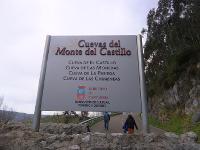
Cuevas del Monte del Castillo (Caves of Mt Castillo), caves which retain traces of early human habitation
While Altamira is the most famous (and nicest) cave, access is not currently possible due to conservation reasons. We could've looked at replica drawings, but there wouldn't really have been a point
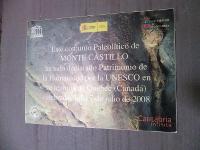
UNESCO listing certification (2008)
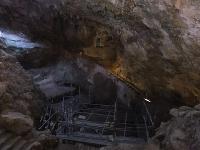
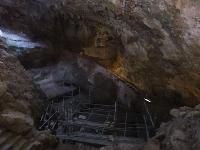
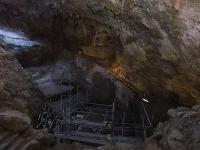
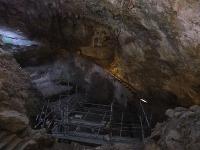
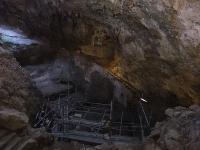
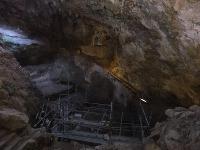
This was the habitation area. Inside were the paintings (where photography was disallowed)

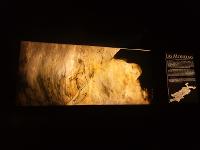
Information on the Cave of Las Monedas (the coins)
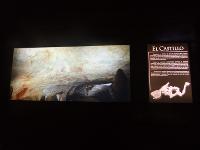
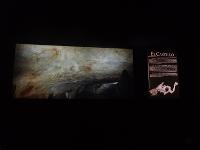
Information on the Cave of El Castillo (the castle)
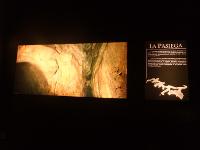
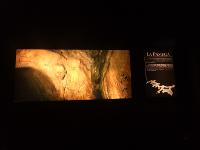
Information on the Cave of La Pasiega
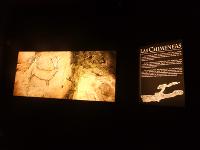
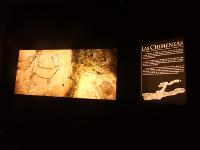
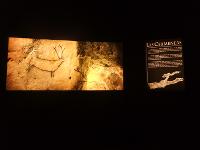
Information on the Cave of Las Monedas (the chimneys)
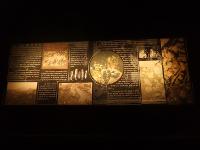
The Discovery
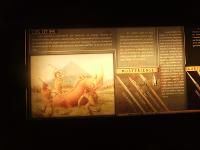
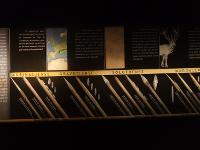
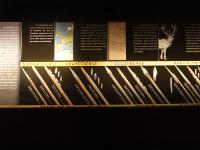
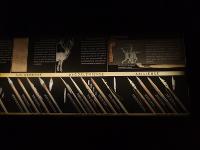
On the spears
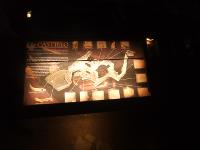

Plan of El Castillo (the one we were in, I think)
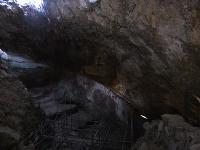
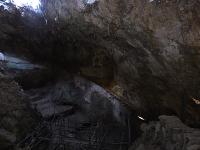
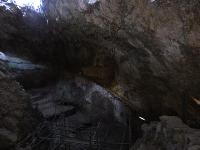

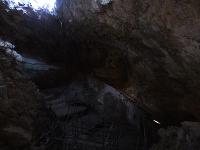
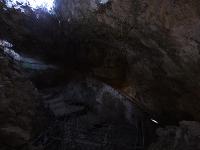
Caves
Entrance was only with a guide. Our guide didn't really speak English, but with scattered phrases and his speaking very slow Spanish, we got the main idea.
Prince Albert of Monaco excavated here. The sediments show evidence of human habitation from 150,000 years ago. The painting was done by Homo Sapiens, not Neanderthals. There're paintings from different periods together, and 4 different species: Cro-Magnon, Homo Sapiens and Neanderthals (I missed the last).
There were handprints, but not all were full handprints. A different configuration of fingers was symbolic of different things. A hand on a bison possibly symbolised possession.
Different tribes had different symbols. There were 4 types of symbols: animal, handprints, geometric shapes and shamans in the shape of animals, for example a Shaman as an upright bison. Natural cracks and rock were used to form the image of animals.

Caves sign
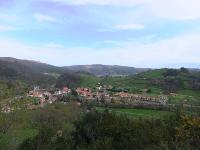
Valley the caves overlook
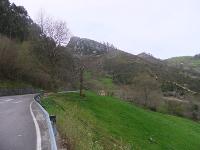
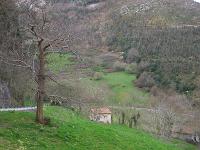
Road down and idyllic valley
Hillside outside Cuevas de El Castillo 1
I think the point of these videos was to record the cowbells from such a far distance, but they're hard to hear above the ambient noise
Hillside outside Cuevas de El Castillo 2
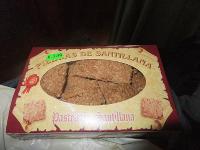
Nuts on top, phyllo pastry below
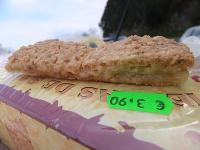
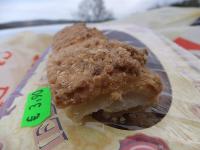
Views of this local snack
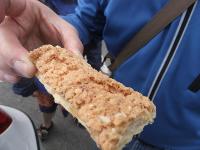
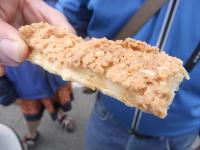
Piedras de Santillana = Stones of Santillana
We also took stock of the preserved eggs: the salted duck eggs were gone but the century eggs still alright as they were in a carton.
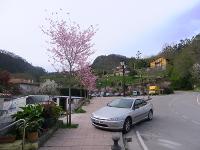
Car and Sakura (?) in Puente Viesgo
We then returned to Santillana del Mar.

Zoo banner
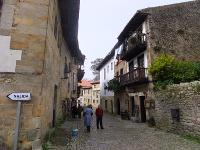
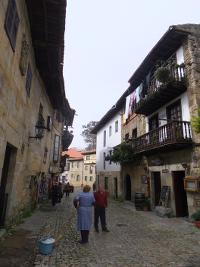
Medieval street
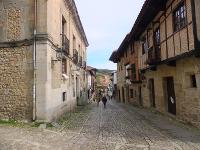
Calle del Cantón with a cock "boutique"
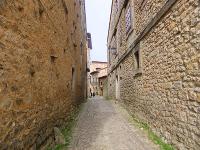
Calle de Las Lindas
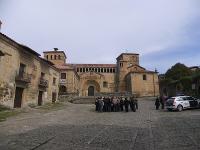
Church square
There was a bakery near the church.
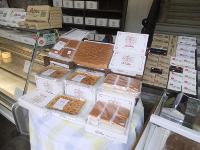
Casa Quevedo (the name of the place, I think)
However, more interesting than the cakes was:
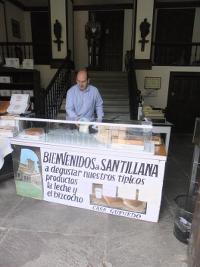
The best milk I'd ever had
It was extremely rich. If silk were milk, this would be it.
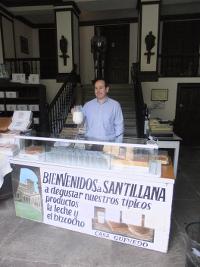
Guy posing with a jug of his fantastic stuff
We then visited the Collegiate Church of Santillana del Mar.
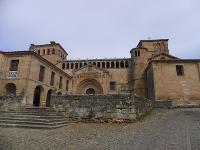
There's more Romanesque architecture in Northern Spain than in France.
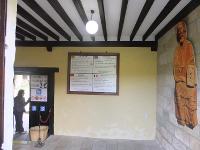
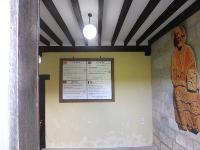
"No Swimsuits"

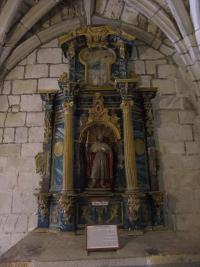
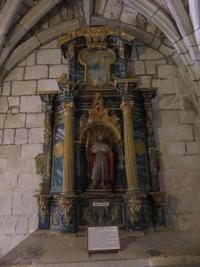
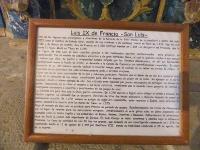
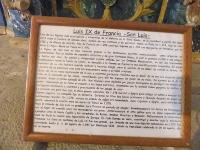
Altar with St Louis
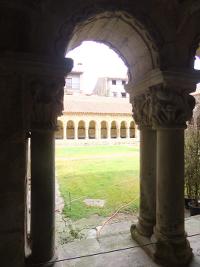
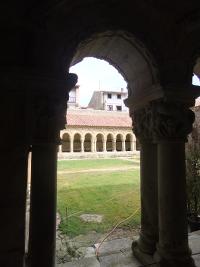
Cloisters view
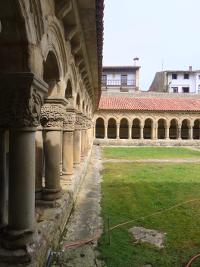
Pillars

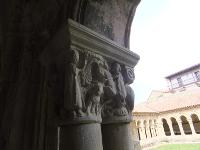

Capital
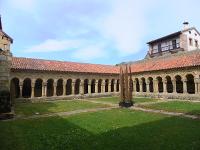
Cloisters
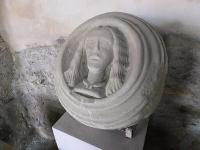
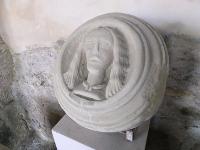
Jesus (?) - signage was quite poor
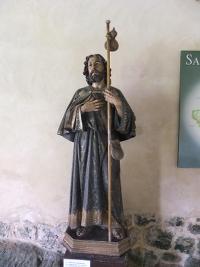
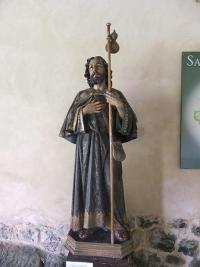
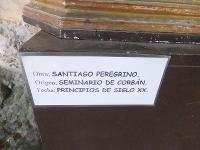
Santiago Pilgrim

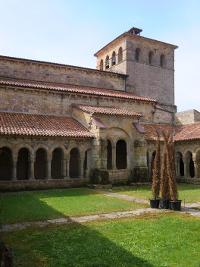
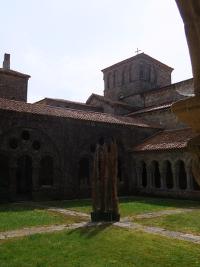
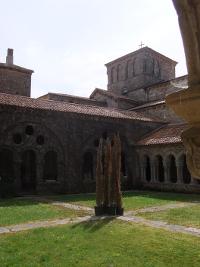
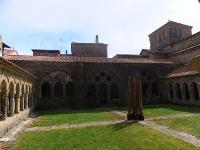
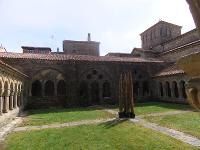
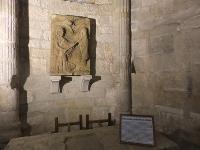
St. Juliana dominates the devil
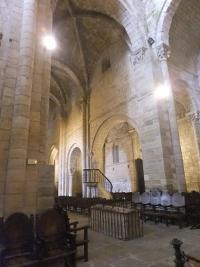
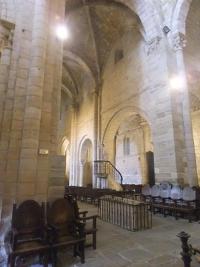
Church itself
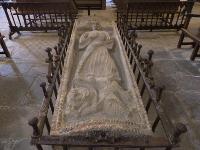
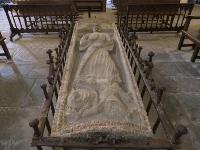
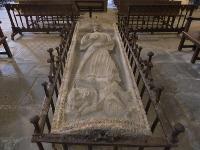
Some grave
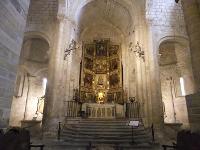
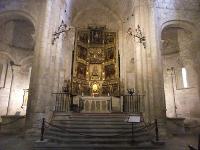
Altar
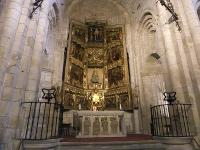
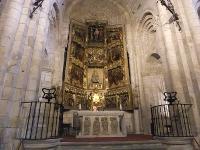
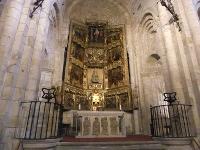

Altar
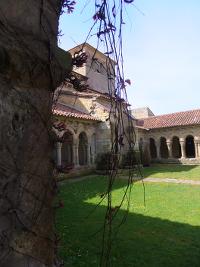
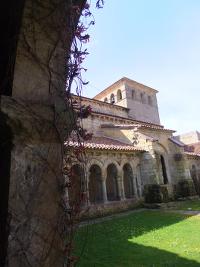
Creepers
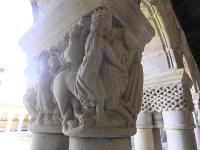
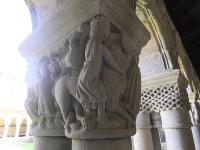
Capital
The GPS I'd used in France had led us to closed petrol stations but at least the roads were right. The one in Spain had really outdated maps.


